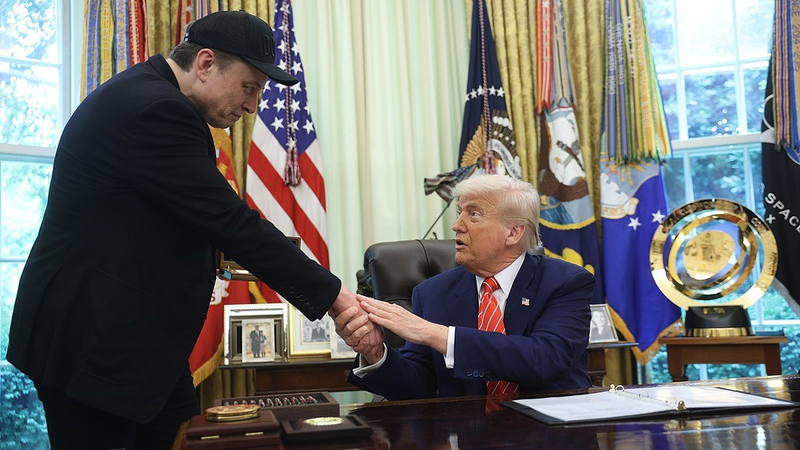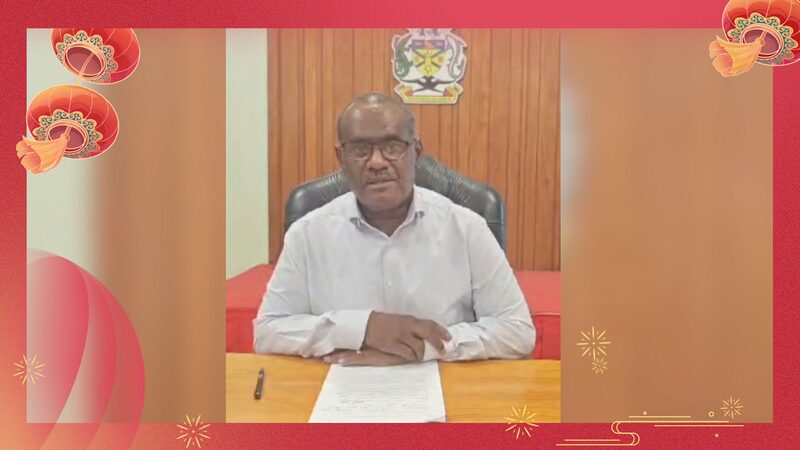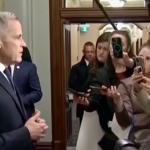Canadian Prime Minister Justin Trudeau has announced his resignation after nine years in power, citing party infighting as the primary reason for his departure.
Trudeau’s unexpected resignation marks a significant turning point in Canadian politics. Known for his progressive policies and charismatic leadership, Trudeau has been a prominent figure on the global stage.
Einar Tangen, a senior fellow at the Taihe Institute, highlighted Canada’s housing crisis and Trudeau’s immigration policy as pivotal factors contributing to his declining popularity.
“The housing crisis in Canada has reached a tipping point,” Tangen remarked. “Affordable housing is increasingly out of reach for many Canadians, leading to widespread discontent.”
Critics argue that Trudeau’s immigration policies have exacerbated the housing shortage and strained public services. Increased immigration is seen by some as a contributor to the rising demand for housing, intensifying the crisis.
Party infighting within the Liberal Party further complicated Trudeau’s ability to address these pressing issues effectively. Internal divisions made it challenging to implement decisive solutions to the country’s problems.
As Canada faces these challenges, the nation’s political landscape is poised for significant change. The upcoming leadership race will determine who will steer the country through its housing crisis and immigration debates.
Observers are watching closely to see how this shift in leadership will impact Canada’s future policies and its relationships with global partners.
Reference(s):
Housing crisis, immigration policy key to Trudeau's waning support
cgtn.com






